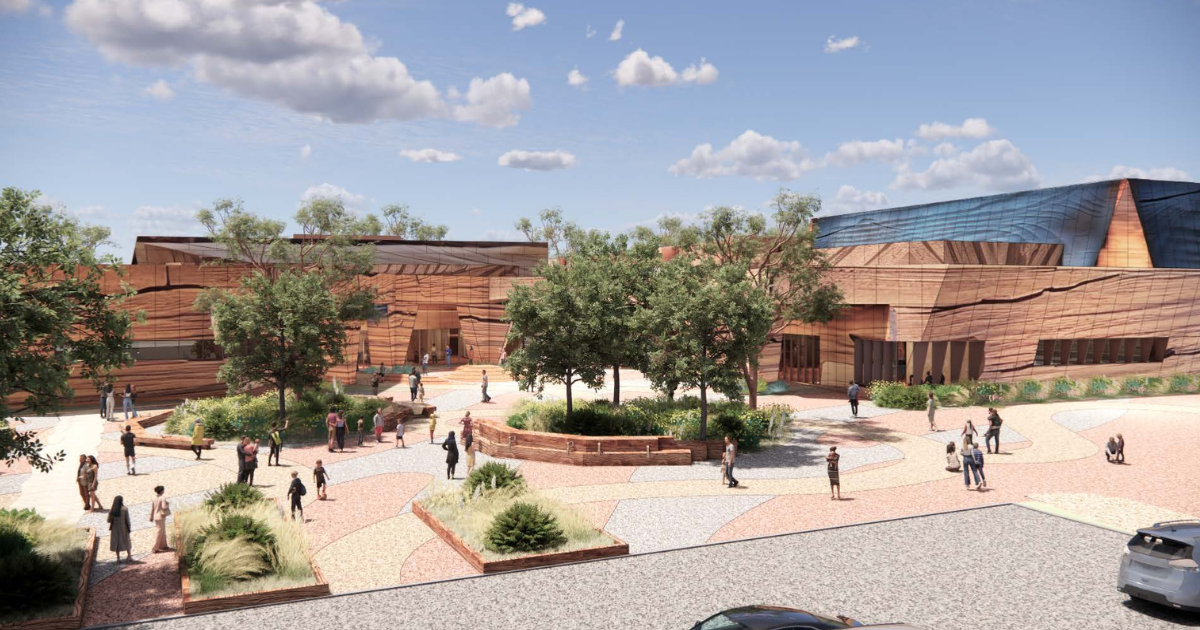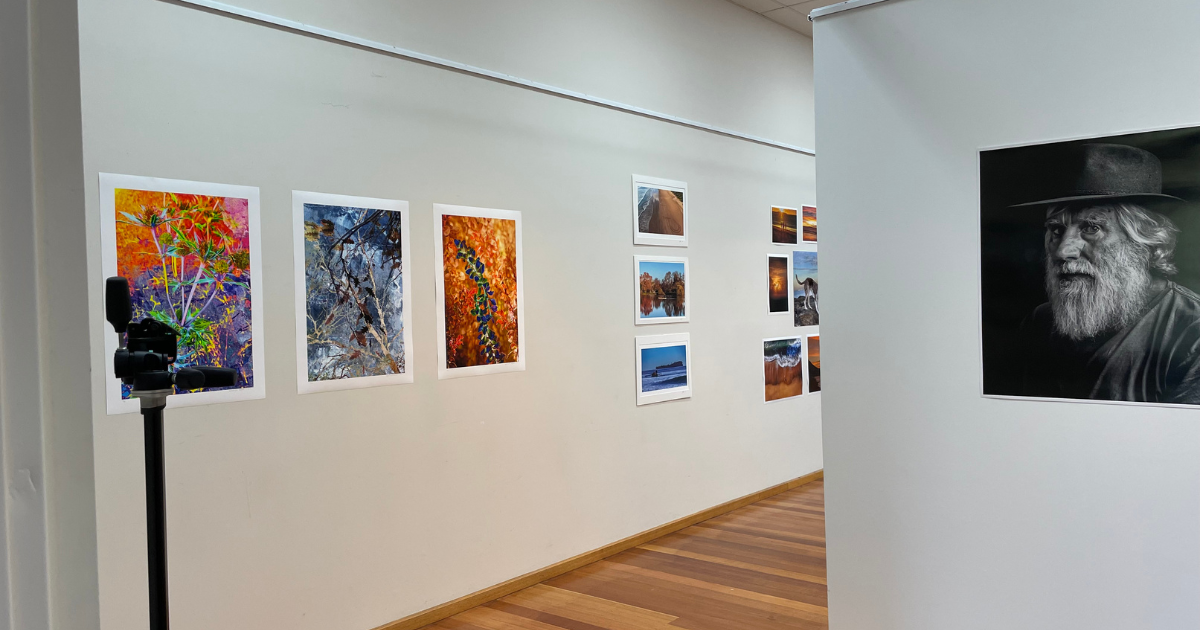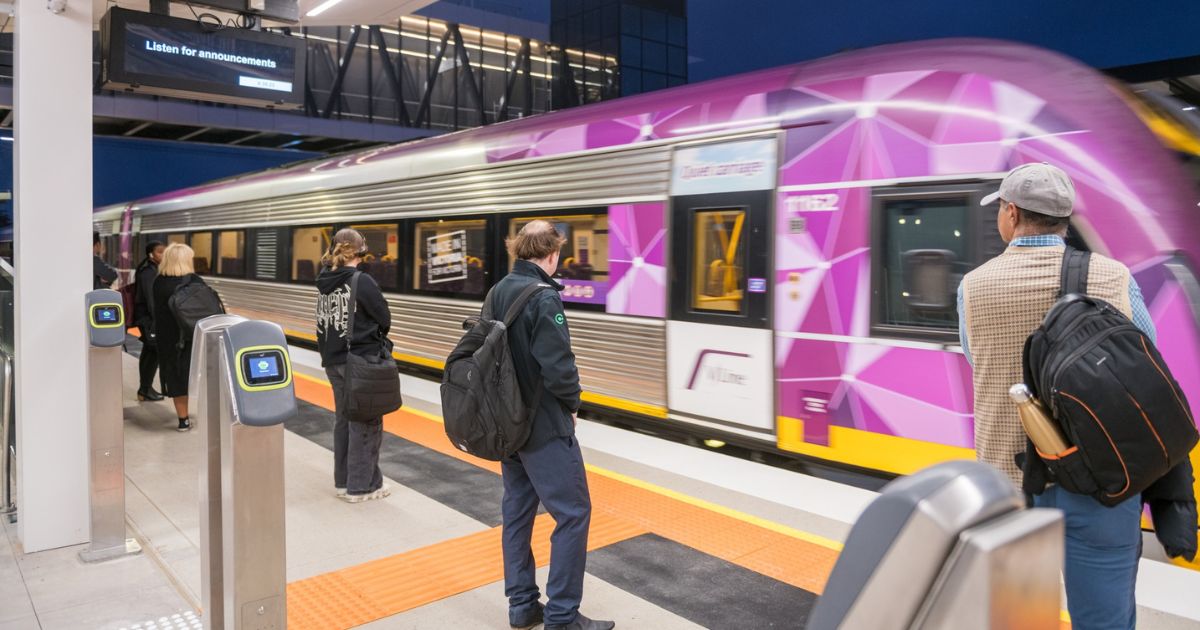Otway Basin blasting slammed for poor consultation
THE community consultation process for a planned seismic blasting project in the Otway Basin has come under fire for again failing to properly engage with the public, particularly First Nations communities.
Seismic surveying, also known as seismic blasting, is a precursor to offshore oil and gas drilling. It involves ships towing setups of airguns and sound receivers through the water. These devices release intense blasts into the ocean to map the ocean floor.
The blasts reach a rating of 250 decibels, which is higher than that of atomic bombs.
There is a growing body of research highlighting the detrimental effects that blasting can have on marine life and fisheries.

Data firm TGS and energy company SLB are seeking a joint special prospecting permit from the National Offshore Petroleum Safety and Environmental Management Authority (NOPSEMA) to conduct blasting in the Otway Basin.
However, just hours before a community protest in Torquay on March 23 got underway, this newspaper learned that NOPSEMA would not approve the application in its current form due to issues with the submitted Environment Plan (EP).
A NOPSEMA spokesperson said at the time that part of the assessment process includes the manner in which the consultation process has been conducted.

In the days following the protest, the Otway Coastal Environment Action Network (OCEAN) drafted and submitted a Freedom of Information (FOI) request to determine the grounds on which the application had been returned.
On Monday this week, NOPSEMA responded to the request with a heavily redacted document, leaving only the cover letter visible.
The cover letter to TGS from NOPSEMA stated, “Further written information is requested to demonstrate that the requirements of the Environment Regulations have been met.”

OCEAN campaigner Lisa Deppeler said the request was submitted to better understand what information NOPSEMA considered important.
“We didn’t think it would be a problematic request; we were surprised we needed to submit an FOI at all. This information should be freely available.
“The only thing they didn’t redact entirely was their cover letter; that was useless.”

The approach to the FOI request seems consistent with complaints that community members have been treated poorly throughout the process.
“We’re gobsmacked that they gave us nothing!” Ms Deppeler said.
“We will appeal the decision.”
Surfrider Foundation Surf Coast branch secretary Darren Noyes-Brown said that despite being unable to read the document, the fact that it was 25 pages long was revealing.
“That’s 25 pages of things that they [NOPSEMA] wanted fixed up; that’s a pretty big list.”

The previous community consultation in 2023 came under fire for being deeply flawed.
On March 4, four days before NOPSEMA returned the EP to TGS, Member for Corangamite Libby Coker wrote to NOPSEMA, detailing the frustration and anger of her constituents.
“Numerous people across my electorate of Corangamite and throughout the broader region of Victoria’s south-west have approached me to voice their anger and frustration at the proponents’ inability to ‘meaningfully engage’ with them.
“In light of these deeply concerning criticisms, I request that NOPSEMA delay a decision regarding the TGS/SLB-Schlumberger proposal until a review is conducted into the consultation process engaged by the proponents.
“It is absolutely essential that the local voices of our First Nations peoples, the business community and residents are heard.”

TGS kicked off a second round of community consultation with a webinar last week on May 15.
Attendees in the first online forum told this newspaper that the format was disorienting.
“Cameras were turned off, and questions had to be added in the chat box, with only some being selected for a response,” Mr Noyes-Brown said.
Yaraan Couzens Bundle, a Keerray Woorroong and Gunditjmara Whale Dreaming Custodian, said the second round of consultation seemed more like a box-ticking exercise.
“It’s been a misleading process,” she said.

The seismic blasting project, if approved, would begin as early as October this year and traverse marine parks and whale breeding grounds.
“Whale dreaming is a sacred, integral part of the Gunditjmara First Nations people,” Ms Bundle said.
“We’re representing the whale dreaming and the songlines, our oceanic songlines in particular, our whale songlines, which is a foundation of who we are as First Nations people.”
“Whale dreamers and the people that have direct cultural responsibilities to care for those totemic species are directly affected and impacted, and our cultural practice is therefore impacted.
“It’s directly connected to the birth of past and present southern right whales along the southwest coastline of Victoria and across the Southern Ocean.”

Ms Bundle established The Southern Ocean Protection Embassy Collective (SOPEC) in 2022 to help navigate the issues.
“We demand to be consulted genuinely and on terms that are suitable to us and that work around our cultural obligations and responsibilities during whale season,” Ms. Bundle said.
“It’s a really unfair process, and we hope that through the regulatory channels they will listen to us and stop because it’s morally and environmentally wrong.
“But it’s also deeply spiritual for us, and therefore it’s culturally wrong as well.”

Ms Bundle said many First Nations people were not even aware of the proposal until local fishermen tipped off OCEAN, who then involved SOPEC in the project.
“As First Nations, we believe the Gunditjmara are Local First Nations, we believe that we should have the right to our own consultation.”
“That’s why we’ll be demanding an in-person community consultation,” Ms Bundle said.
She said First Nations groups were tired of government bodies talking about First Nations rights but failing to listen when it matters.
“And if they don’t listen to us, we will be taking further steps to ensure that we are heard on a global level.”

Drop-in sessions are scheduled this month for Portland, Port Fairy, Warrnambool, and Apollo Bay but none are scheduled for the Surf Coast.
This week Ms Coker wrote to TGS and SLB calling on the companies to host a consultation session in Torquay.
“On behalf of my community, I have written a letter to the proponents urging them to host a face-to-face consultation session in Torquay,” Ms Coker said.
“These companies must be upfront with locals about the revised proposal.
“In light of the concerns of my community and the criticisms of the consultation methods employed so far – I have also called on the proponents to hold all sessions outside of working hours to ensure community members have the best opportunity to attend.
“And let me be clear, I’ve said it before – and I’ll say it again – a poorly run consultation process can lead to dire implications for our environment, local jobs and the regional economy.”

A TGS spokesperson said the EP would be resubmitted to NOPSEMA in early June.
Due to the redacted FOI and limited detail and clarity from NOPSEMA it is unclear if approval of the application is contingent on the latest round of information sessions.
An OCEAN spokesperson said the organisation is now appealing the decision with the help of FOI expert and former Senator Rex Patrick.
Details for the sessions are available online at klarite.online/tgs-otway


















